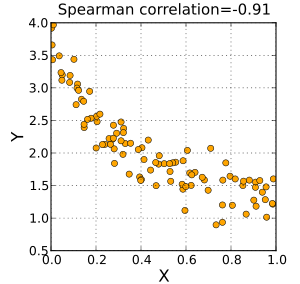
Types of Moderating Variable
A moderating variable can be qualitative (non-numerical values like race, socioeconomic class or sex) or quantitative (numerical values like weight, reward level or age). For example:
- According to the American Psychological Association, stress has a bigger impact on men than women. Sex is a qualitative variable that moderates the strength of an effect between stress and health status.
- There may be a relationship between socioeconomic status and how often women perform self-exams on their breasts. Age is possibly a numerical moderating variable: the relationship for socioeconomic status and breast self-exams might be weaker in younger women and stronger in older women.
In correlation studies, the moderating variable is defined as a third variable — z — that affects the correlation between two variables x and y. A statistically significant moderating variable can amplify or weaken the correlation between x and y.
Finding a Moderating Variable
The moderating variable is technically another predictor variable, so you would run multiple regression analysis to find the moderating variables.
Note: some software calls the analysis — run within regression — “moderator analysis.”
- In SPSS: Laerd.com has thorough steps for the analysis, with step by step images.
- In Stata: the process is a little lengthy, but you can find a guideline on the UCLA website.
References
:
American Psychological Association (undated). Stress and Gender. Retrieved May 12, 2016 from here.
Baron, R. M., & Kenny, D. A. (1986). The moderator-mediator variable distinction in social psychological research: Conceptual, strategic, and statistical considerations. Journal of Personality and Social Psychology, 51, 1173-1182.
Hayes, A.F. (2013) Introduction to Mediation, Moderation, and Conditional Process Analysis: A Regression-Based Approach. New York, NY: Guilford Press